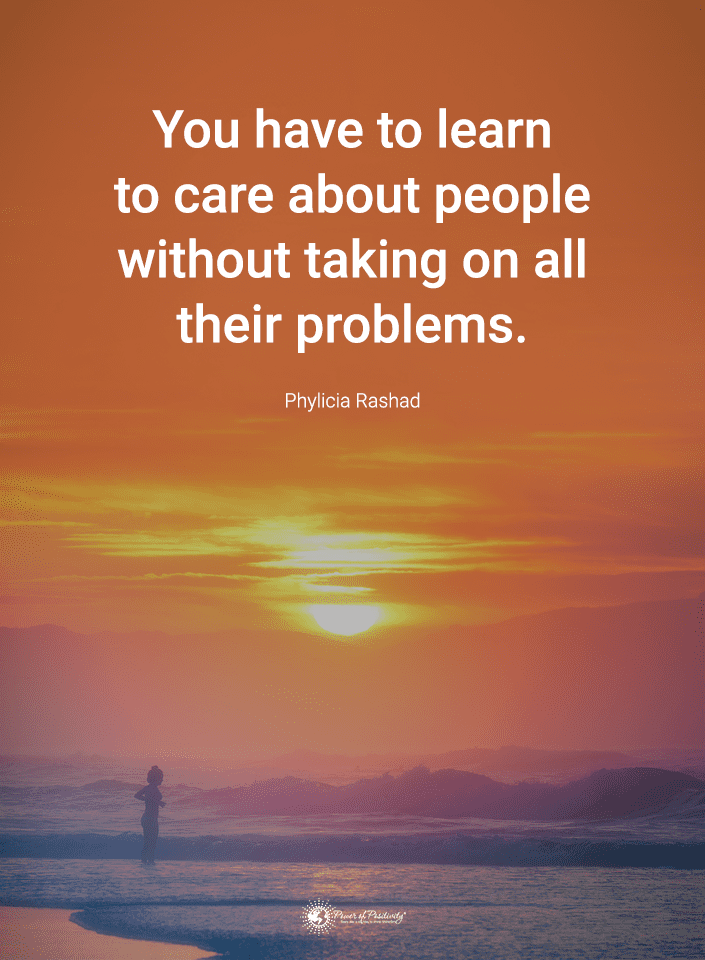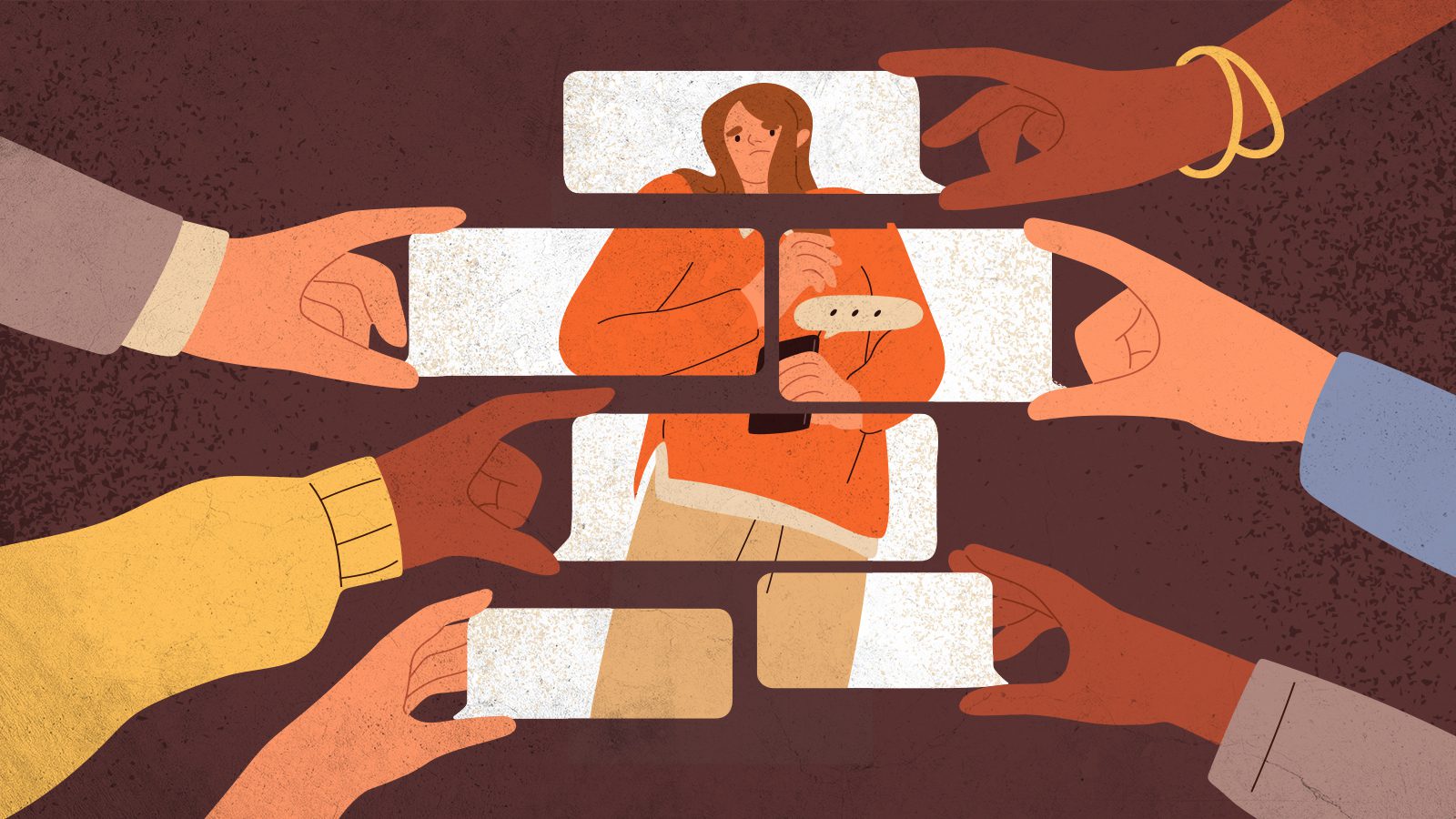Dependent personality disorder is real, but few understand how it affects them. Do you feel you lack the knowledge, agency, and confidence to navigate the world independently? Do you often experience anxiety and panic when there are no other people around you to turn to? Does your loved one seem overly reliant on you and exhibit signs of distress when left alone? These co-dependent behaviors could be early red flags.
If this is the case, you or your loved one might have an anxious personality disorder known as a dependent personality disorder (known as DPD). While it is normal for everyone to be somewhat dependent on others, researchers and psychologists categorize it as a mental health disorder when this dependence reaches a level of extremity.
Suppose you are mindful that this disorder may impact you or your loved one. That is already a big step towards further research and determining if you should take the next step in seeing a professional to get a diagnosis or further insight. Seeking help can be scary, and it is less intimidating when you have done some background research about the obstacles you face in your daily life. Read on to learn about some critical signs of dependent personality disorder.
13 Signs of Dependent Personality Disorder
1. Codependent Personality Disorder Fears Separation
Most people can feel the fear of separation at some point in their lives. Whether entering a long-distance relationship or sending their child away to summer camp, it can be hard to be separated from your closest loved ones. However, people with dependent personality disorder feel this fear to the extreme. Like other anxiety disorders, such as separation anxiety, a dependent personality disorder can cause individuals to panic when they are separated from those they love. In addition, those with a separation anxiety disorder might also experience co-dependent behaviors that indicate a dependent personality disorder.
2. Difficulty Making Decisions Without Input From Others
Life runs its course due to a series of decisions we make as individuals. Although this gives us the power to shape our future, it can be daunting for those with a dependent personality disorder. While it is normal to feel nervous when making a life-altering decision, experts say that those with dependent personality disorder have difficulty making simple decisions like what to eat for dinner or where to hang out with a group of friends. Often this leads individuals to rely on those around them to make simple decisions.
3. Difficulty Starting And Maintaining Close Interpersonal Relationships
Those dealing with the symptoms of dependent personality disorder are not the only ones who might experience the negative impact of these symptoms. It is normal for friends, family, and romantic partners to struggle if their loved one is diagnosed with this disorder. Studies show that many people with this disorder experience relationships differently than people who do not have this disorder. It can drain loved ones when you and they feel you cannot be left alone. Most people need personal space and time alone to reflect and re-energize. Because of this, relationships often do not last long, adding to the fear of abandonment experienced by many with this disorder.
4. A Co-Dependent Person May Transfer Responsibility To Others
According to the World Health Organization’s International Classification of Diseases, people with dependent personality disorder tend to transfer responsibility to those around them. Not only does this mean that they will avoid taking responsibility for their past actions due to fear of consequences and rejection, but they will also delegate matters that require a responsible adult to deal with to other people in their lives.
5. Lack Of Confidence In Their Judgment And Abilities
Several measurements of dependent personality disorder include a lack of confidence as a sign of the disorder. This can manifest in a variety of ways. Some might lack confidence in their judgment of conflicts, other people, or new situations. This is closely related to the inability or difficulty to make decisions. Another way that lack of confidence could exist is by doubting your abilities. If you feel that you are ill-equipped to do jobs that you have been trained to do or speak on a subject you know a lot about, this can be a sign. It might be as drastic as a lack of confidence regarding your identity and what kind of person you are.
6. Codependent Personality Disorder Causes Difficulty Expressing When They Do Not Agree With Someone
Because people with dependent personality disorder place so much value on the other people in their lives, this can lead to fear surrounding speaking up during disagreements. This is also known as passivity in interpersonal relationships. The fear of separation and being alone can lead to them avoiding conflict because they do not want the other person to leave them. Unfortunately, this can lead to unhealthy and toxic relationship dynamics.

7. Doing Things That They Do Not Want To Do To Make Other People Happy
Like avoiding disagreements, people with a dependent personality disorder might take it as far as acting in ways they do not wish to make those they depend on happy. This can be extremely harmful to both parties. For example, if your friend wants you to do an activity that you are uncomfortable with, it is not an option to sit this one out. You feel like your co-dependent friend relies on you to do everything they ask of you.
8. Co-dependent Personality Disorder Means Deep Fear Of Being Alone
For people with this disorder, dependency leads to the fear of being alone. This fear can take several shapes and forms. Not only will a person be fearful when faced with being alone, but even the prospect of being alone in the future can cause significant distress. They might frequently and actively fear the death of their loved ones or the end of a relationship.
9. The Fear Of Rejection
All of us are familiar with the feeling of being rejected. Whether it is a job that we are not hired for, a school program we did not get accepted to, or our crush not wanting to go out on a date, it is normal for rejection to be upsetting. However, people with a dependent personality disorder might avoid trying new things or accomplishing their goals due to their constant fear of rejection. Someone without this disorder might be able to overcome the feeling of rejection within a few days. However, the negative impact on someone with a dependent personality disorder or a co-dependent personality could be crushing and have a long-lasting effect on their confidence and self-worth.
10. You Find It Difficult To Start New Projects
People with dependent personality disorder frequently have difficulty starting new projects, especially if they create them independently. If you want to do something as simple as a DIY home decor project or as complex as writing an in-depth novel and feel an impending dread when faced with the idea of starting it, that could be a sign of this disorder.
11. The Need To Always Have At Least One Close Relationship
Because it is so difficult for people with a dependent personality disorder to be alone, they enter co-dependent relationships. A co-dependent relationship occurs when two people involved in a relationship rely on each other to function in everyday life. In the case where one of those relationships ends, it will not be long before a person with dependent personality disorder finds someone else to depend on if they can. If you find you are frequently cycling through romantic partners or close friends with no breaks for self-reflection in between, this could be an indicator of dependent personality disorder.
12. A Co-Dependent Person Readily Trusts Others, Even If There Are Signs They Are Untrustworthy
This is one of the signs of dependent personality disorder that lead to many individuals with this disorder being taken advantage of. If you quickly trust people you have just met and don’t recognize when someone does not have your best interest in mind, that may be a sign. People with dependent personality disorder are so quick to trust because of the fear of being alone and rejected.
13. Difficulty Completing Daily Tasks Without The Help Of Others
Sadly, a dependent personality disorder can negatively affect the quality of life and daily functionality. A lot of people with this disorder have trouble taking care of themselves. It can be challenging to perform basic tasks such as cleaning, cooking, exercising, and sleeping. The results of this can also make it difficult to maintain steady employment. Unfortunately, this symptom of the disorder can further exasperate dependency on others.

Final Thoughts On Some Signs Of Dependent Personality Disorder
You might have this disorder if you could relate to any signs of dependent personality disorder covered in this article. However, it is essential to note that not everyone with dependent personality disorder experiences all of these symptoms. This disorder can impact two individuals in entirely different ways. For example, you might rely on others and lack self-confidence but can still function daily.
On the other hand, you might have difficulty with everyday tasks and maintaining relationships, but you can function pretty well in your day-to-day life. For someone to be diagnosed with dependent personality disorder, they must exhibit five or more of the signs listed in the Diagnostic and Statistical Manual of Mental Disorders. If you only have one or two of these symptoms, then you might be experiencing a different mental illness or a level of anxious feelings that are not out of the ordinary for the average person.
Acknowledging that these symptoms may also be related to other mental illnesses is valuable. If you suspect you might have this disorder, the best action is to see a mental health professional for an assessment. It is also worth it to do further research on this disorder and see if there’s any way you can alter your daily habits to mitigate your signs and symptoms until you find a course of treatment that works well for you.





















